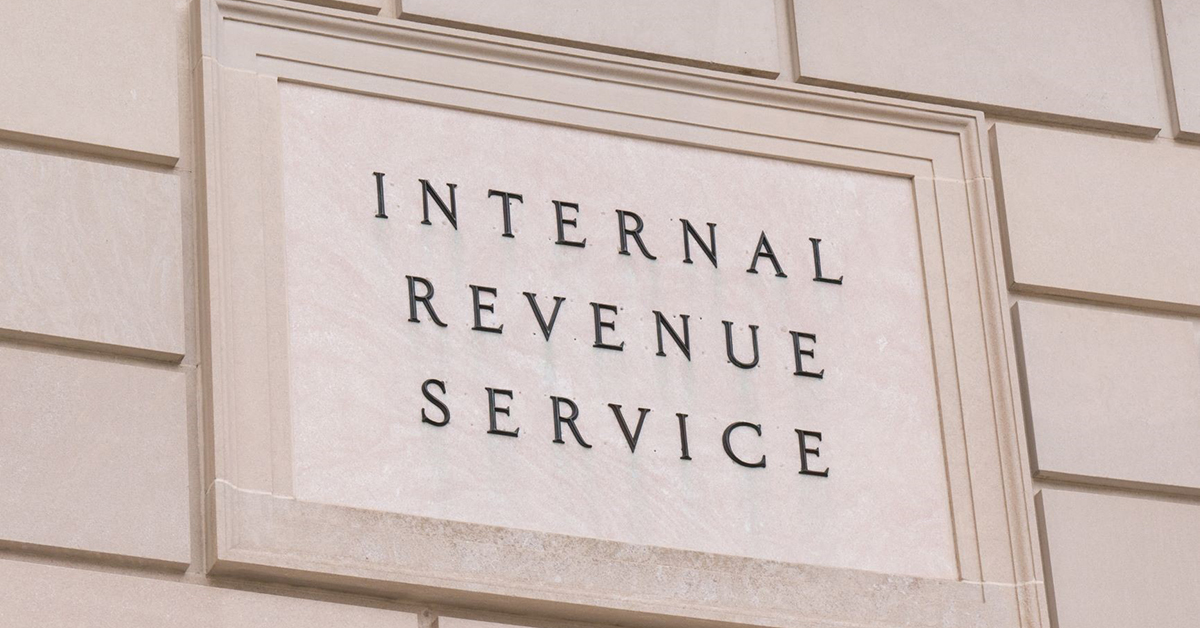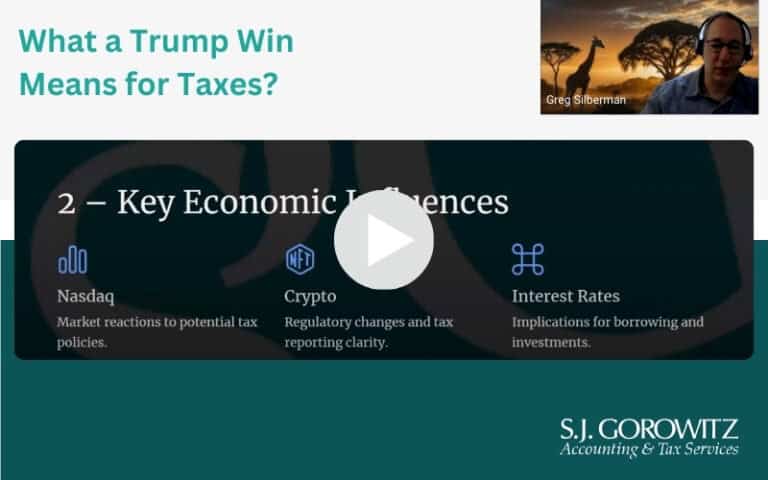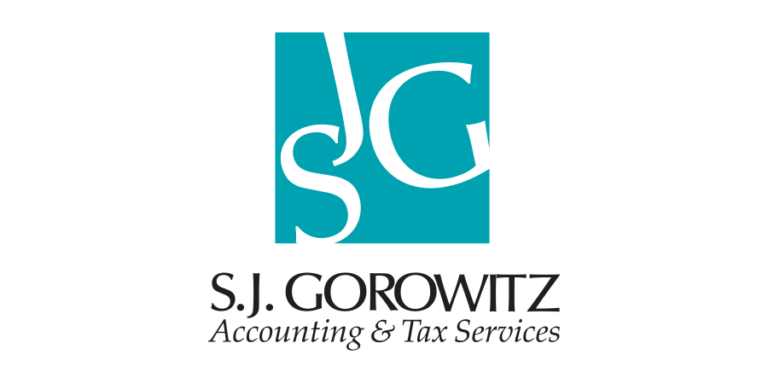
The IRS states that its mission is to provide America’s taxpayers with top quality service by helping them understand and meet their tax responsibilities and enforce the law with integrity and fairness to all. However, when it comes to the customer experience, the IRS is among the lowest performing federal agencies.
With tax season underway, the biggest problems that will plague the IRS and taxpayers during tax season 2020 include:
Coronavirus
The president, his administration and Congress are considering extending not only the April 15 tax filing deadline for federal returns, but also the timeline for paying 2019 taxes. It is not only unclear how long they will extend the deadline, it is also unknown specifically who will be granted an extension. Historically, waivers and extensions were only given to those directly impacted by natural disasters.
We are advising our clients to not make any assumptions until legislation is actually passed. Additionally, if there is a government shutdown, the IRS is not amongst the services classified as “essential” and we expect they will shut down, further delaying the processing and refunding of taxes.
Customer Service
As a result of past budget cuts experienced by the IRS, callers should expect to have problems getting in touch with an agent or IRS representative for assistance. In fiscal year 2019, just 29% of calls were answered enterprise-wide, and wait times on some lines averaged up to 45 minutes. Then there is the common “courtesy disconnect,” which further exacerbates matters. When a taxpayer does reach a human, they often do not have the authority or experience required to assist or resolve the matter.
Outdated Technology
Outdated information technology at the IRS interferes with its ability to carry out tax administration effectively. In order for the agency to address its IT issues, the IRS will likely need to spend more than $2 billion on updating its infrastructure.
Different departments and physical locations oftentimes do not have access to information submitted enterprise-wide, resulting in further inefficiencies.
Refund Delays
Fraud detection systems that are intended to protect taxpayers regularly delay the issuance of refunds. Sometimes they flag returns as potentially fraudulent when they are not, and recommended ID theft action steps are confusing, frustrating and time consuming.
Many taxpayers expecting refunds from amended tax returns oftentimes experienced delays of over three to six months. The IRS at first claimed the government shutdown was an excuse to further delay the refunds; however, the delays continue.
Taxpayers who find themselves with tax issues they cannot resolve should seek professional assistance. S.J. Gorowitz Accounting & Tax Services has the experience to assist with tax resolution and tax controversy cases. Please call us at any time for assistance.
























